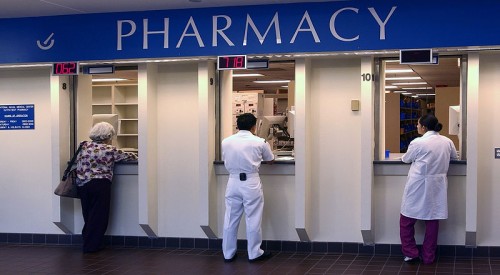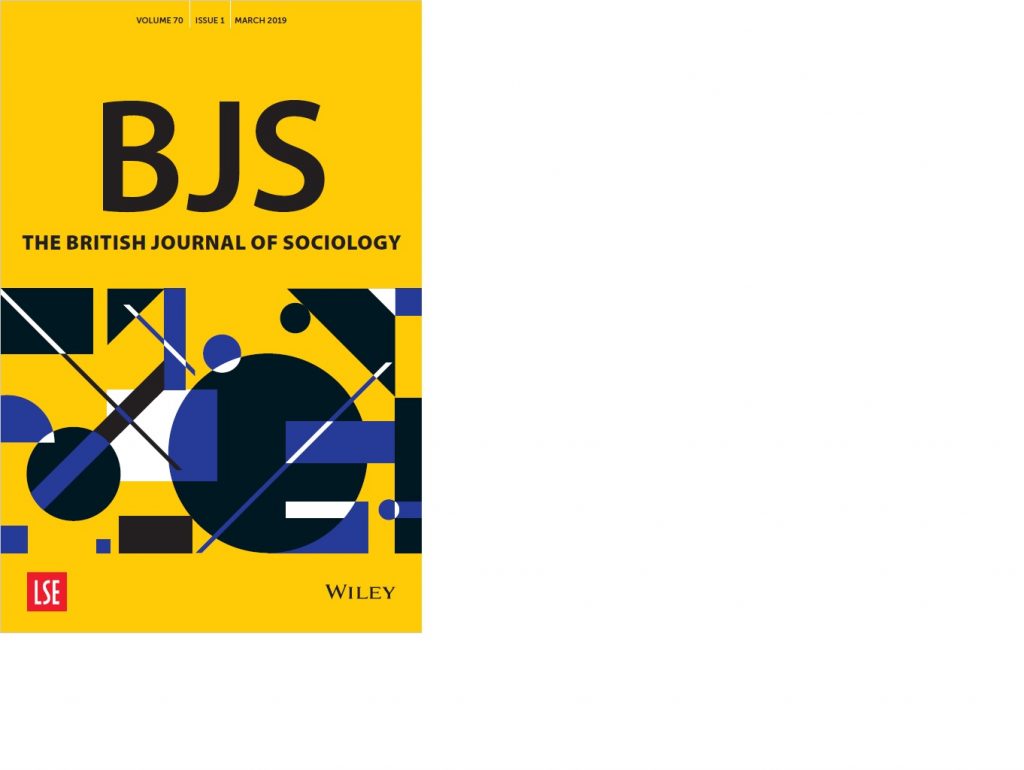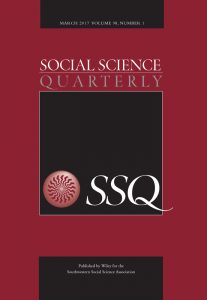Questions about antidepressant efficacy: But is mild depression really depression at all?
 A new and highly controversial article in the Journal of the American Medical Association addresses the possible ineffectiveness of antidepressant medications (Paxil and Imipramine) on people who suffer from mild forms of depression (a more complete summary from NPR below). The JAMA article, Antidepressant Drug Effects and Depression Severity, suggests that the population that has actually become the most common users of the antidepressant – those with mild or moderate symptoms of depression – are actually those who benefit the least, if at all, from the drugs. The study made front-page news across the country and was also immediately rebuked by psychiatrists, both with anecdotal experience from practice and by researchers and pharmaceutical companies who point out that this new report is not a clinical study, but rather an inconclusive meta-analysis of other studies (an article on the critics). While millions of Americans are prescribed these drugs every year, it is in fact true that the majority of people who take these drugs that have been around since the 80’s like Prozac and Paxil or newer drugs like Cymbalta and Pristiq are often not people with the most debilitating symptoms. If this new report is true, then it is critical that more studies address whether or not antidepressants help those with mild depression – otherwise, these drugs are simply serving to fill the wallets of pharmaceutical industry CEO’s. Even if it is inaccurate because of its research design, this latest article still calls into question the efficacy of these drugs more generally, something researchers both within and outside psychiatry have questioned for years; there is long-standing evidence that, even though antidepressants work for some, they don’t work for everyone, they often stop working and cause many unpleasant side effects. While it is possible that there are biological explanations for the ineffectiveness of antidepressants and that with modification or improvement, they might be more useful, there are also alternative explanations, such as the possibility that mild depression is not really depression at all.
A new and highly controversial article in the Journal of the American Medical Association addresses the possible ineffectiveness of antidepressant medications (Paxil and Imipramine) on people who suffer from mild forms of depression (a more complete summary from NPR below). The JAMA article, Antidepressant Drug Effects and Depression Severity, suggests that the population that has actually become the most common users of the antidepressant – those with mild or moderate symptoms of depression – are actually those who benefit the least, if at all, from the drugs. The study made front-page news across the country and was also immediately rebuked by psychiatrists, both with anecdotal experience from practice and by researchers and pharmaceutical companies who point out that this new report is not a clinical study, but rather an inconclusive meta-analysis of other studies (an article on the critics). While millions of Americans are prescribed these drugs every year, it is in fact true that the majority of people who take these drugs that have been around since the 80’s like Prozac and Paxil or newer drugs like Cymbalta and Pristiq are often not people with the most debilitating symptoms. If this new report is true, then it is critical that more studies address whether or not antidepressants help those with mild depression – otherwise, these drugs are simply serving to fill the wallets of pharmaceutical industry CEO’s. Even if it is inaccurate because of its research design, this latest article still calls into question the efficacy of these drugs more generally, something researchers both within and outside psychiatry have questioned for years; there is long-standing evidence that, even though antidepressants work for some, they don’t work for everyone, they often stop working and cause many unpleasant side effects. While it is possible that there are biological explanations for the ineffectiveness of antidepressants and that with modification or improvement, they might be more useful, there are also alternative explanations, such as the possibility that mild depression is not really depression at all.
In short, from the psychiatric perspective, this study is a call to investigate whether those with milder forms of depression can benefit from these drugs, whether they should be on the drugs, whether over-medication is taking place and whether these drugs can be improved to treat milder forms of depression. There is a host of various issues that could be addressed from a sociological perspective (see my previous posts, The Debate Over The Depression Gene, and Creating or Identifying Mental Illness). We could, for instance, ask what it means that we are medicating mild symptoms of depression for our concepts of illness and suffering, or look at the role of big pharmaceutical companies in gearing advertisements towards the less severely ill. On the other hand, we could investigate the possible alleviation of suffering for people who would once have not been considered ill at all, or the possibility that these drugs are helping us to address unmet need for treatment. I would like to call attention, here, to a more general issue: the way in which many studies of antidepressant efficacy unknowingly yet quite starkly point to the need for more of a focus on the non-biological, social issues that affect the likelihood to become depressed (or anxious and certainly generally stressed). If there are non-biological roots of these symptoms, then perhaps non-biological treatments would also be more useful.
If antidepressants often fail individuals, especially those for whom symptoms are not as debilitating, it is as much a call for the public involvement of sociologists in the debate about how to “treat” these symptoms that may be the result of life conditions and situations as much as – or more so – than flaws in neurochemistry. This is the case, whether or not the newest suggestion that antidepressants are not useful for treating mild depression is accurate, since as I mentioned above, it is well known that these drugs, especially the SSRI’s (Selective Serotonin Reuptake Inhibitors) do not work for many of the people who take them. What this also suggests is evidence for the claims of sociologists such as Allan Horwitz, who show that much of what Americans have come to see as depression may not actually be that at all. Horwitz and sometimes collaborator Wakefield, show (click here for the Contexts article, The Epidemic in Mental Illness: clinical fact or survey artifact) that psychiatrists diagnose milder symptoms as depression than ever before. The national rates of depression are consequently elevated and it seems as though many more Americans than ever before are suffering from this condition. More likely, from a sociological perspective, the criteria have changed rather than the number of people who are actually depressed. Think of C. Wright Mills’s classic sociological suggestion that whenever we see large groups of people behaving in similar ways or experiencing similar situations, it is a call to investigate the society rather than the individual. This is also a possible explanation for why these drugs are much less effective for milder conditions (if they in fact are) – perhaps these conditions are not depression at all, but rather normal responses to stressful life situations that could more aptly be treated with alterations to the environment or relationships. If this is the case, then surely, issues such as poverty and other deprivation, just to provide one example, should be even more clearly vital areas of inquiry as there is increasing evidence that severe depression and more milder forms of depression may not even be the same entity at all – one may be illness and another not and certainly, both are affected by environmental factors.
![]() Meds May Only Help Those With Severe Depression (NPR.org)
Meds May Only Help Those With Severe Depression (NPR.org)
![]() Is Depression Overdiagnosed in America (audio story including Peter Kramer, MD)
Is Depression Overdiagnosed in America (audio story including Peter Kramer, MD)
![]() Depression, Culture and Genetics (Contexts Podcast with Allan Horwitz as guest)
Depression, Culture and Genetics (Contexts Podcast with Allan Horwitz as guest)
![]() The Great Ambivalence: factors likely to affect service user and public acceptability of the pharmacogenomics of anitdepressant medication
The Great Ambivalence: factors likely to affect service user and public acceptability of the pharmacogenomics of anitdepressant medication




1540-6237/asset/SSSA_Logo-RGB.jpg?v=1&s=c337bd297fd542da89c4e342754f2e91c5d6302e)
What an interesting post. It is so much easier (and more financially beneficial) to point to a troubled individual, rather than to deal with social issues. Great use of Mills to think critically about medicine and illness.
Keri
I am a graduate student in the Sociology of Medicine/Psychiatry, as well as a diagnosed “bipolar” woman.
My blog is basically dedicated to the topic of this post! Society is mad, but in our current neo-liberal order, the “symptoms” of disillusionment with one’s position in life, one’s job, the way people look at you when you walk down the street, not keeping up with the rapid pace of society OR going “too fast” are medicalized and medicated. (Nice to find a blog where the word “medicalized” does not show as a spelling error!
Society is sick, members of it are not for being depressed – it’s depressing out there! Try turning on the news and not getting a little “depressed”!
Great post…I will be adding you to my blogroll.
Cheers!
scars